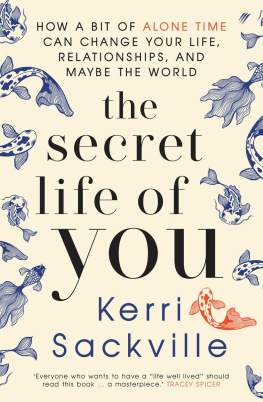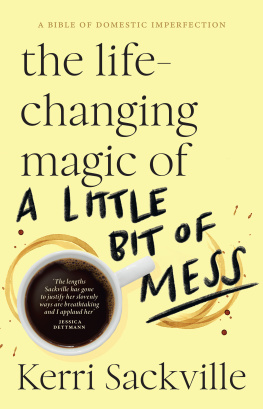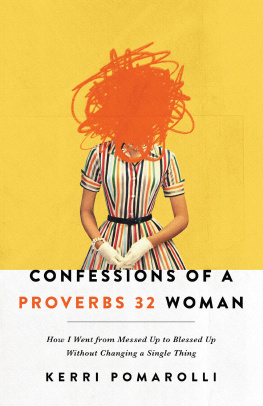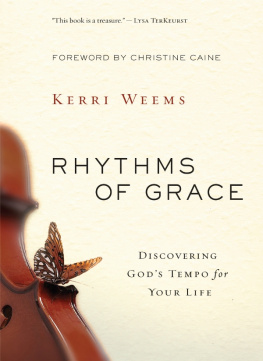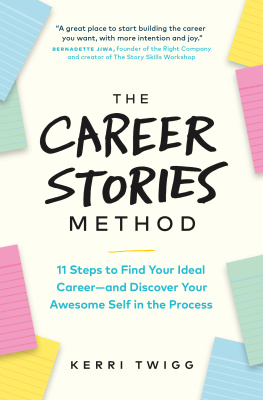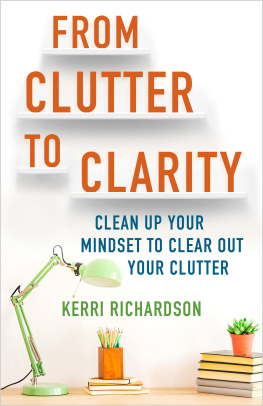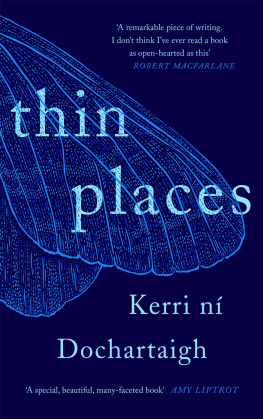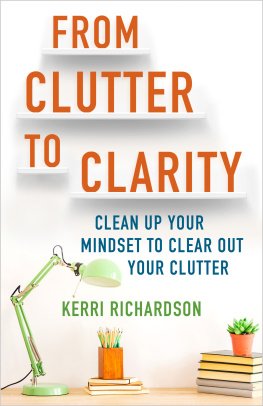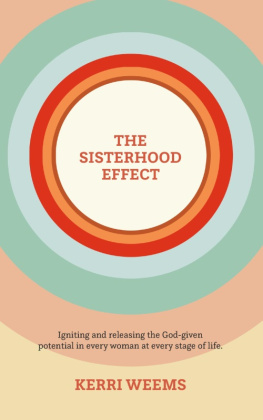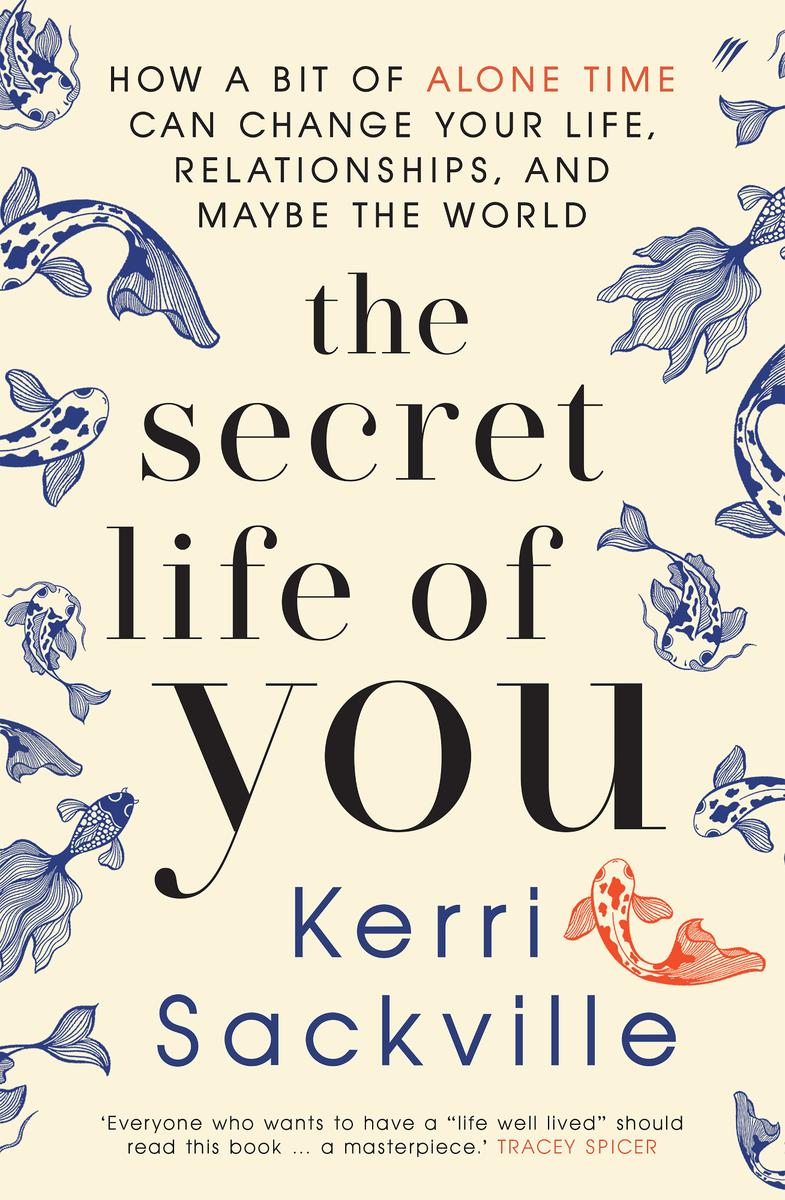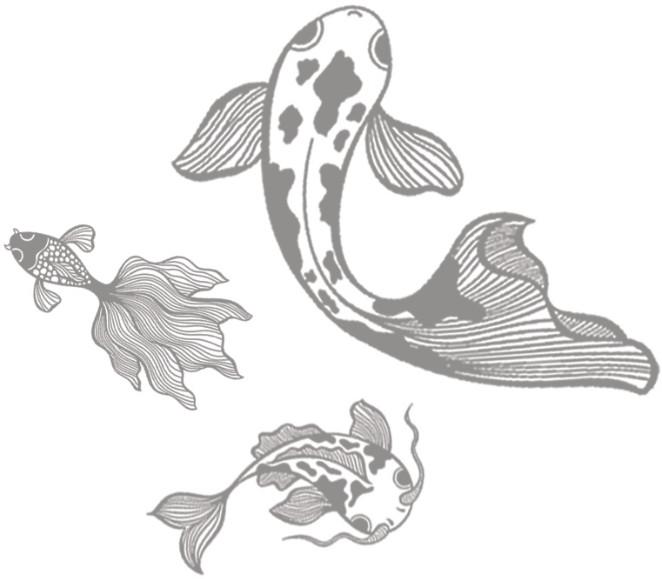When columnist and commentator Kerri Sackville decided to stop filling every idle moment with distraction and learn to be comfortable alone, her quality of life soared.
From boosting creativity and productivity, improving self-awareness, building resilience and moral courage, to improving relationships and connection with others, a bit of alone time is vital to wellbeing. But with smart phones, social media, endless streaming and podcast options, as well as the demands of work, family and friends, spending meaningful time on your own can feel impossible, unnecessary, or even indulgent.
Up in the air
I was alone in the middle of a forest, hanging from a zipline fifty metres above the ground. This was not within my comfort zone: I am a suburban mum whose idea of adventure is to get a double shot of coffee in my mocha. Still, I was with my two daughters on holidays in Tasmania, and we had decided to try ziplining for fun. The journey up the mountain had been exhilarating, but when I reached the top, the ride jolted to a halt and I was left dangling alone in mid-air.
This was not fun at all.
I hung there amid the treetops, my kids and the zipline staff shrunken to tiny specks in the distance. Up there in the air, cut off from the world, I suddenly felt profoundly and unspeakably alone. There was just me and the trees and the little gusts of breeze and quite remarkable silence. I could hear my own breath in my ears, incredibly loud, and I realised I was panicking. I instinctively reached for my phone, but, of course, it wasnt there. It was in my bag at the zipline base, six hundred metres away.
I wanted my phone and I really, desperately, wanted to get down.
Im not afraid of heights, and I wasnt afraid of falling; I was very securely strapped in. It was the silence and the solitude that were terrifying. I closed my eyes and I wished for the ride to end. When the zipline shuddered and started moving back to base, I actually yelped with relief.
The ride only lasted for a few minutes, but the memory of that existential terror lingered on for weeks. Why, I wondered, did I get so panicked in the air? Why was it so frightening to be alone? I was alone all the time. I was very good at being by myself!
Or, I thought, was I?
For most of my life I had been quite content in my own company. As a child, I was happy to spend hours in my bedroom if I had books to read, paper on which to write and regular access to the fridge to rummage for snacks. As an adult, I chose to be a freelance writer and spent most days at home writing.
On the other hand, I had rarely done anything alone other than work, shop, exercise or drive my car. Id been in back-to-back relationships since I was seventeen years old. I got married in my twenties and had three kids by my late thirties. I had never lived alone for more than a few weeks or travelled by myself. I had never been to a movie by myself or gone solo to a show; I had never taken myself out for lunch or sat alone at a bar.
Honestly, it had never even occurred to me to do so.
But when I was forty-six, my life changed dramatically. My marriage ended, and I became a single parent. I moved with my kids into my parents home, and then, a few weeks later, we moved into our own apartment. For the first couple of weeks in our new home, I was constantly busy and distracted. Life was a frenzy of furniture deliveries and decorating, and eating dinners around our brand-new table. But when my kids had their first sleepover at their dads, I reeled with the shock of an empty house. I walked into my living room and looked around, and the entire atmosphere felt different. The air was heavy, the silence echoed off the walls, and even the glow from the light fittings seemed duller. I sat on my new couch, completely stunned, and stayed there, unmoving, until it was time for bed. I had no idea what to do with myself. I had no idea how to be alone.
To be fair, I didnt have a lot of great role models. Very few people around me seemed to spend any meaningful time in their own company. One of my friends, a single mum of two grown kids, frantically socialised every night of the week to avoid having to be on her own. Another female friend spent long hours in the office then came home to a chaotic family of five. Several people in my circle worked fifteen-hour days, leaving no time to reflect on their lives. And, of course, almost everyone I knew carried their phones with them constantly and would check them in every idle moment.
I had friends and acquaintances who were almost permanently online, posting on Twitter, Facebook and Instagram from early every morning to late at night. My own teenage daughter was practically glued to her phone, and this seemed normal to me. Sure, sometimes I worried that she was never alone with her thoughts, but I really wasnt one to judge. I was on my phone or computer in almost every idle moment. I was on social media compulsively, I scrolled mindlessly through Instagram videos and always had a podcast running in the background. I delved into online dating just months after my separation and started innumerable conversations with innumerable men. I was in several group chats and would text and message during the day. Even when I was writing a job that requires focused concentration I was incessantly clicking in and out of the apps.
I worked, a lot. I dated, a lot. There was always a man on the scene, someone vaguely inappropriate, someone to ward off the terror of being single. I was constantly online. I was constantly distracted. I was, without realising it, running from myself.
And then came Covid. Within weeks, we were in lockdown. My entire frenetic life came to a sudden, screeching halt. The media took a hit and I lost most of my regular writing work. I found myself stuck in an apartment with three kids, no work, no partner and endless days of empty time. My kids were busy in their rooms with their online studies and Zoom chats, and I was isolated, lonely and lost. I couldnt date. I couldnt socialise. I couldnt fill all the hours with social media.
And then I realised I couldnt outrun my own company. If I was ever to be okay in myself, I had to figure out how to be alone.
What is alone time?
Over the past couple of years, I have spent a lot of time thinking and talking about alone time. But when I talk to other people about the importance of being okay alone, they assume that I am talking about being single. I am not. Plenty of single people are never alone, and plenty of partnered people are alone much of the time. When I say I am alone I mean I am alone with my thoughts. You are alone when you have turned inwards, when you have disconnected from the outside world and connected with yourself. The philosopher Plato offered a very poetic definition of solitude: he wrote that being alone is the condition in which we can think, in which we can hear the silent dialogue which the soul holds with herself.

